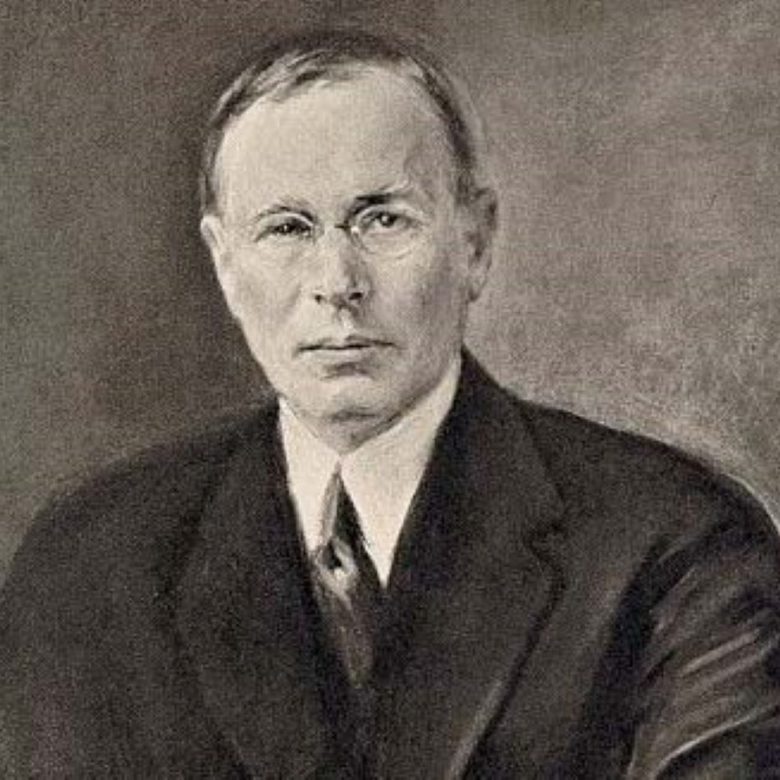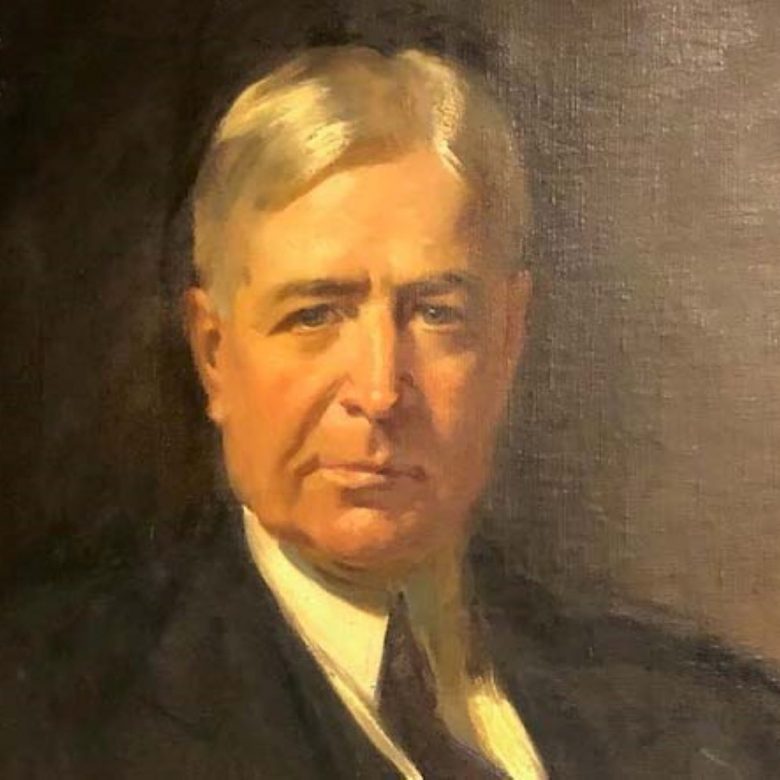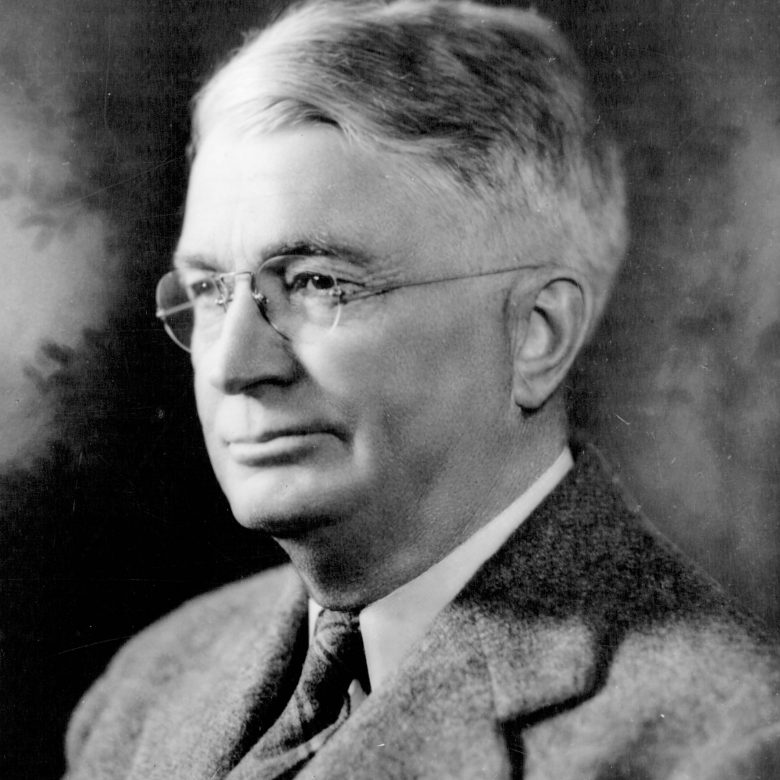About Us
Building on Our Past
The legacy of Farm Foundation is rooted in nine decades of leaders who have believed that nonpartisan efforts can play a critical role in addressing the evolving issues shaping the future of agriculture, the food system and rural communities.
Our History
The economic conditions of the 1930s spurred the growth of organizations promoting urban and social concerns. Farm Foundation, created as a trust by International Harvester President Alexander Legge, is believed to be the first foundation created specifically to serve agriculture and rural communities.
Nonpartisan and Objective from the Start
Objectivity is—and always has been—at the heart of the day-to-day operations of the Foundation. Legge strongly believed that a non-partisan group, independent of federal or state government, was needed to focus on improving the economic conditions of agriculture and the people of rural America. He enlisted former Illinois Gov. Frank Lowden to aid him in the effort. The first meeting of the Farm Foundation Board of Trustees was Feb. 10, 1933. As is still the case today, that first board represented leaders from academia, industry, the media and production agriculture.
Henry C. Taylor, widely regarded as the father of the agricultural economics profession, was hired as Farm Foundation’s first managing director. He led the Foundation in developing work around land ownership and tenancy; land utilization and conservation, cooperation in marketing and services; and national and international policies affecting agricultural production, marketing and income.

Alexander Legge

Gov. Frank Lowden

Henry C. Taylor
From a Catalyst to an Accelerator
The Founders did not envision Farm Foundation as a large grant-making organization. Rather, they sought to build a private agency that could supplement and coordinate the work of others, build partnerships, and initiate and demonstrate the value of a project or idea that could be picked up and carried on by institutions with greater resources. Farm Foundation was to be a catalyst.
Over the decades, Farm Foundation’s program work has responded to the varying needs of food, agriculture, and rural regions, with projects as diverse as public policy education and international trade implications to farm bill education, health care and rural church networks. There has been no variance, however, in the mission to provide practical comprehensive, objective information public and private-sector leaders can use in taking on the issues that will shape the future.
Today, Legge’s dream is still vibrant, pertinent and valued, challenging leaders to look to the future with constructive dialogue, objective analysis, diverse perspectives and innovative ideas. We are building upon our rich past as a trusted organization in horticulture by adding a strong focus on accelerating practical solutions in agriculture—turning ideas into action for maximum impact.
Thank you to Todd Price for the top image on this page.
